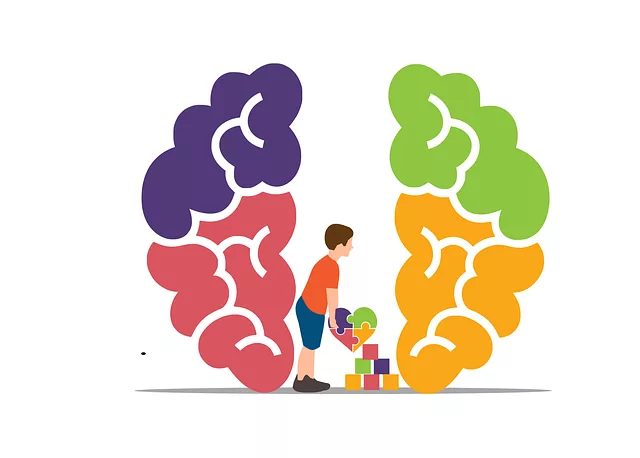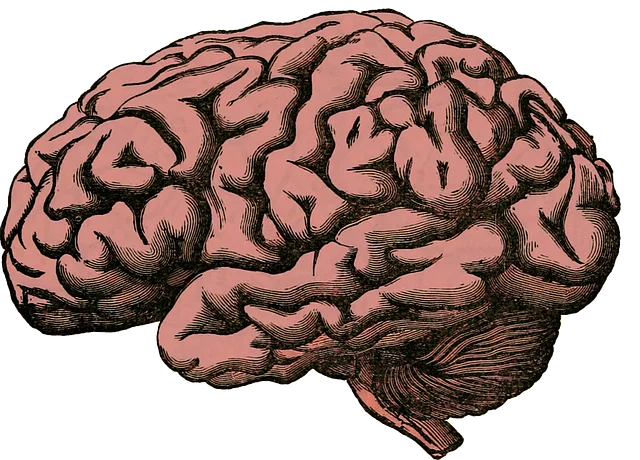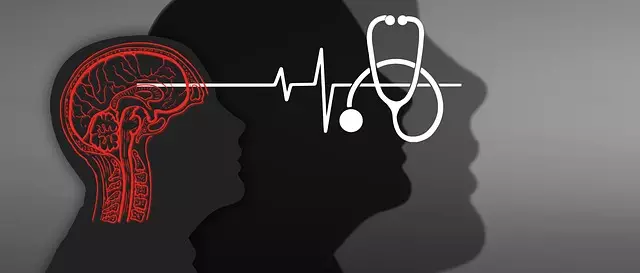Kaiser's inpatient mental health services in Golden focus on holistic stress management, combining evidence-based practices like CBT and mindfulness with cultural competency training. Through tailored programs addressing acute to chronic conditions, they teach resilience, coping strategies, and positive thinking, empowering individuals to lead healthier lives by preventing depression and enhancing overall well-being.
“Unwind, Recharge, and Thrive: Exploring Effective Stress Management Techniques” delves into the profound impact of stress on our lives. We examine its causes, from daily pressures to underlying mental health issues, with a focus on understanding how these factors intertwine. Discovering innovative solutions, we present Kaiser’s Inpatient Mental Health Services, offering comprehensive care. The article further guides readers through practical stress management techniques and teaches mindfulness and resilience for lasting well-being. Learn how these strategies can empower individuals to navigate life’s challenges effectively, just like Kaiser’s specialized programs aim to do.”
- Understanding Stress: Unraveling the Impact and Causes
- Kaiser's Inpatient Mental Health Services: A Comprehensive Overview
- Effective Stress Management Techniques: Practical Strategies
- Teaching Mindfulness and Resilience for Long-Lasting Relief
Understanding Stress: Unraveling the Impact and Causes

Stress is a ubiquitous part of modern life, yet its impact can vary greatly from person to person. Understanding stress involves recognizing both its external manifestations and internal triggers. External stressors might include demanding work schedules, financial pressures, or challenging personal relationships. Internally, stress can be fueled by negative thinking patterns, high expectations, or even memories of past traumatic events. At Kaiser, for instance, their inpatient mental health services aim to help individuals unravel these complex dynamics.
By identifying the root causes of stress, individuals can begin to develop effective coping mechanisms. This is where Golden opportunities arise—such as those offered through Mental Wellness programs, Depression Prevention initiatives, and even Social Skills Training. These strategies empower people to navigate life’s challenges more resiliently, ultimately enhancing their overall well-being.
Kaiser's Inpatient Mental Health Services: A Comprehensive Overview

Kaiser’s Inpatient Mental Health Services offer a comprehensive and holistic approach to stress management and overall mental wellness. With a focus on individual needs, their programs cater to a wide range of conditions, from acute psychiatric crises to chronic stress and mood disorders. The Golden rule here is that these services are tailored to help patients regain stability, learn coping strategies, and develop long-term Mental Wellness Coaching Programs.
The heart of Kaiser’s approach lies in integrating various therapeutic modalities, including evidence-based practices such as cognitive-behavioral therapy (CBT) and mindfulness techniques. Additionally, they emphasize the development of Mind Over Matter Principles, empowering patients with practical tools to manage stress and improve mood regulation. This multi-faceted development ensures that individuals leave inpatient care with not only short-term relief but also durable strategies for maintaining mental health and resilience in their daily lives.
Effective Stress Management Techniques: Practical Strategies

Stress management is a vital component of overall well-being, and effective techniques can significantly impact one’s quality of life. At Kaiser, renowned for its comprehensive healthcare services, including inpatient mental health support, various practical strategies are taught to help individuals cope with stress. These methods cater to diverse needs, ensuring that everyone can find tailored solutions.
One powerful approach is integrating cultural competency training into stress management education. Given the unique cultural contexts and experiences of patients, tailoring these techniques can enhance their effectiveness. For instance, promoting positive thinking can be particularly beneficial for those seeking depression prevention strategies. By combining these evidence-based practices with a sense of cultural understanding, Kaiser aims to empower individuals to lead healthier, happier lives.
Teaching Mindfulness and Resilience for Long-Lasting Relief

Teaching mindfulness and resilience is a powerful approach to stress management that offers long-lasting relief. This technique empowers individuals to develop an awareness of their thoughts and emotions, enabling them to respond rather than react in stressful situations. By incorporating mindfulness practices such as meditation and deep breathing exercises, students learn to cultivate present-moment awareness, reducing the impact of overwhelming stressors.
Resilience training complements these skills by teaching effective coping strategies for navigating challenging circumstances. At Kaiser, their inpatient mental health services emphasize building confidence boosting mechanisms that help individuals face adversity head-on. This includes learning crisis intervention guidance, fostering a sense of self-efficacy, and developing positive reframing techniques to transform stressful events into opportunities for growth. Such comprehensive stress management programs not only provide immediate relief but also equip participants with lifelong tools to maintain mental wellness.
Stress management is a valuable skill, and teaching effective techniques can empower individuals to navigate life’s challenges. Kaiser’s inpatient mental health services highlight the importance of comprehensive care, offering a safe space for healing. By combining understanding stress, practical strategies, and mindfulness practices, as showcased by Kaiser’s approach, we can foster resilience. This holistic method ensures long-lasting relief, enabling folks to thrive in today’s demanding world. The key lies in accessible teaching methods that empower individuals to take control of their mental well-being.






